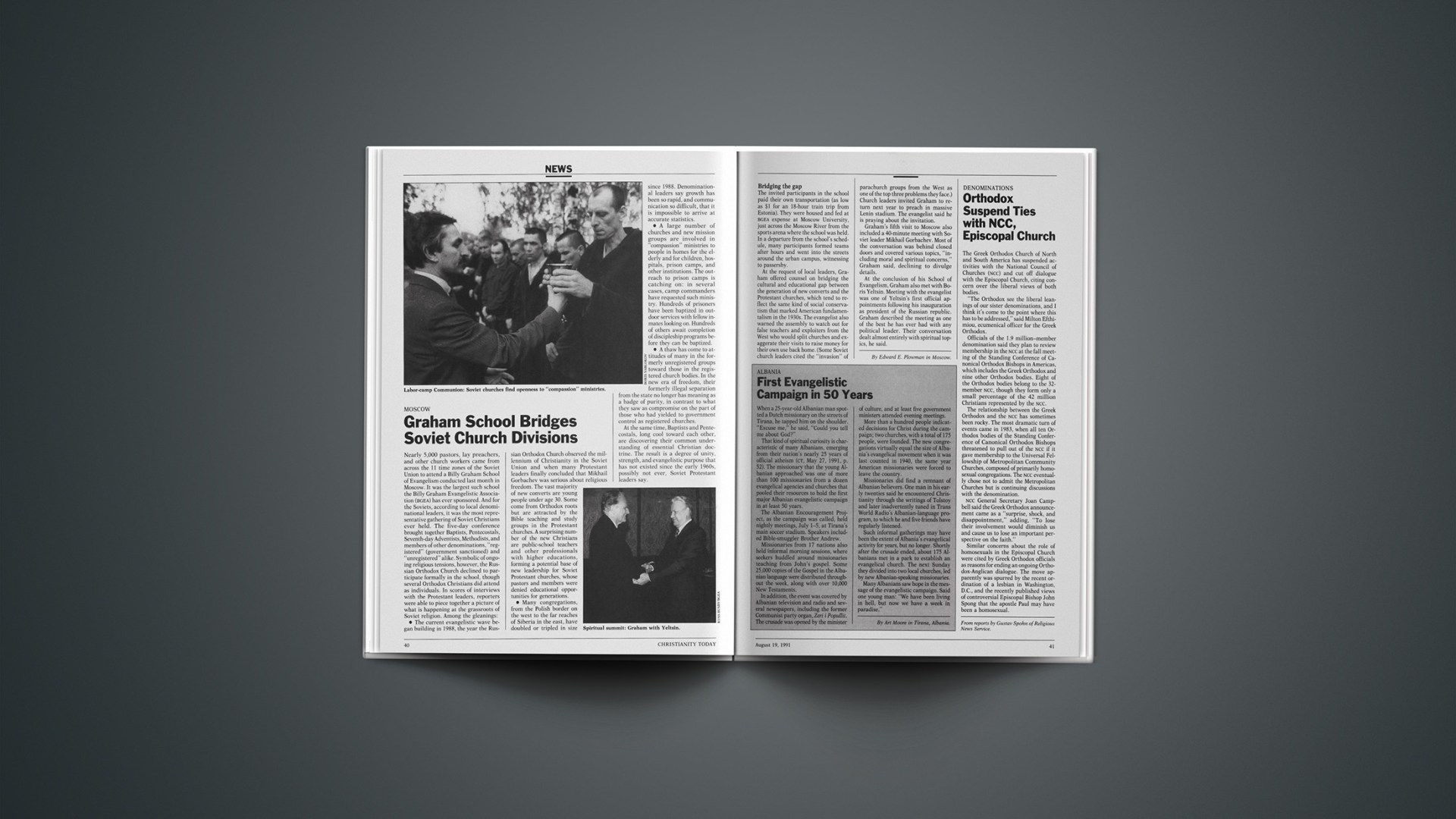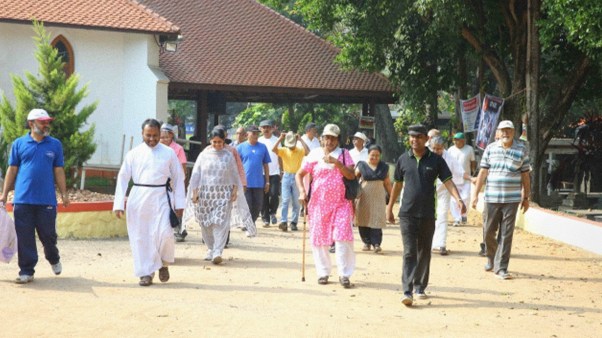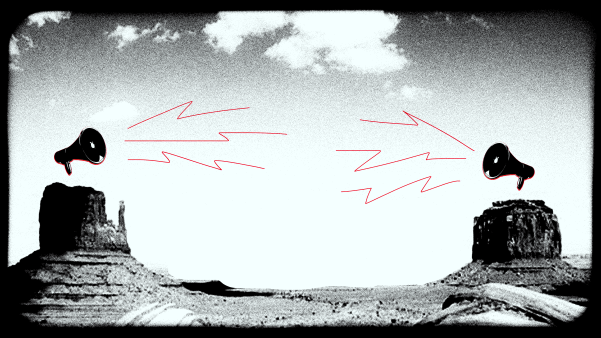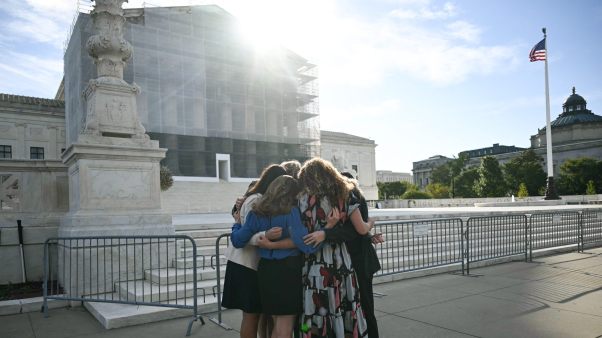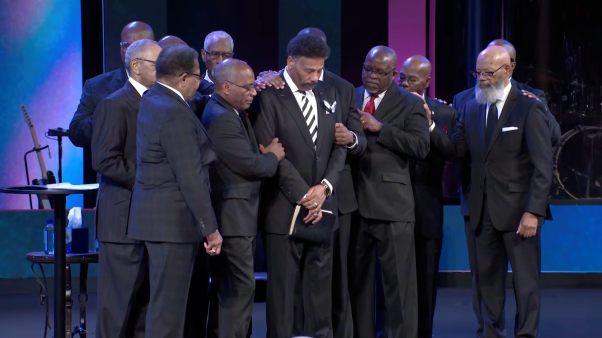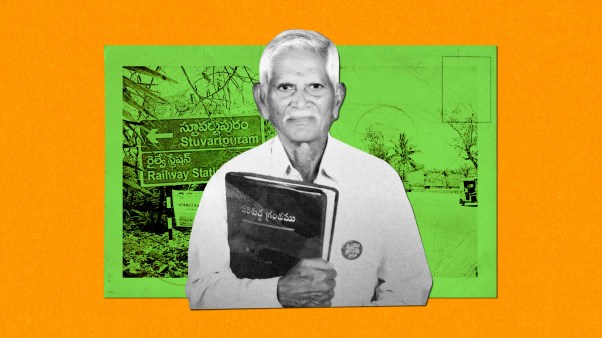Nearly 5,000 pastors, lay preachers, and other church workers came from across the 11 time zones of the Soviet Union to attend a Billy Graham School of Evangelism conducted last month in Moscow. It was the largest such school the Billy Graham Evangelistic Association (BGEA) has ever sponsored. And for the Soviets, according to local denominational leaders, it was the most representative gathering of Soviet Christians ever held. The five-day conference brought together Baptists, Pentecostals, Seventh-day Adventists, Methodists, and members of other denominations, “registered” (government sanctioned) and “unregistered” alike. Symbolic of ongoing religious tensions, however, the Russian Orthodox Church declined to participate formally in the school, though several Orthodox Christians did attend as individuals. In scores of interviews with the Protestant leaders, reporters were able to piece together a picture of what is happening at the grassroots of Soviet religion. Among the gleanings:
• The current evangelistic wave began building in 1988, the year the Russian Orthodox Church observed the millennium of Christianity in the Soviet Union and when many Protestant leaders finally concluded that Mikhail Gorbachev was serious about religious freedom. The vast majority of new converts are young people under age 30. Some come from Orthodox roots but are attracted by the Bible teaching and study groups in the Protestant churches. A surprising number of the new Christians are public-school teachers and other professionals with higher educations, forming a potential base of new leadership for Soviet Protestant churches, whose pastors and members were denied educational opportunities for generations.
• Many congregations, from the Polish border on the west to the far reaches of Siberia in the east, have doubled or tripled in size since 1988. Denominational leaders say growth has been so rapid, and communication so difficult, that it is impossible to arrive at accurate statistics.
• A large number of churches and new mission groups are involved in “compassion” ministries to people in homes for the elderly and for children, hospitals, prison camps, and other institutions. The outreach to prison camps is catching on: in several cases, camp commanders have requested such ministry. Hundreds of prisoners have been baptized in outdoor services with fellow inmates looking on. Hundreds of others await completion of discipleship programs before they can be baptized.
• A thaw has come to attitudes of many in the formerly unregistered groups toward those in the registered church bodies. In the new era of freedom, their formerly illegal separation from the state no longer has meaning as a badge of purity, in contrast to what they saw as compromise on the part of those who had yielded to government control as registered churches.
At the same time, Baptists and Pentecostals, long cool toward each other, are discovering their common understanding of essential Christian doctrine. The result is a degree of unity, strength, and evangelistic purpose that has not existed since the early 1960s, possibly not ever, Soviet Protestant leaders say.
Bridging The Gap
The invited participants in the school paid their own transportation (as low as $1 for an 18-hour train trip from Estonia). They were housed and fed at BGEA expense at Moscow University, just across the Moscow River from the sports arena where the school was held. In a departure from the school’s schedule, many participants formed teams after hours and went into the streets around the urban campus, witnessing to passersby.
At the request of local leaders, Graham offered counsel on bridging the cultural and educational gap between the generation of new converts and the Protestant churches, which tend to reflect the same kind of social conservatism that marked American fundamentalism in the 1930s. The evangelist also warned the assembly to watch out for false teachers and exploiters from the West who would split churches and exaggerate their visits to raise money for their own use back home. (Some Soviet church leaders cited the “invasion” of parachurch groups from the West as one of the top three problems they face.) Church leaders invited Graham to return next year to preach in massive Lenin stadium. The evangelist said he is praying about the invitation.
Graham’s fifth visit to Moscow also included a 40-minute meeting with Soviet leader Mikhail Gorbachev. Most of the conversation was behind closed doors and covered various topics, “including moral and spiritual concerns,” Graham said, declining to divulge details.
At the conclusion of his School of Evangelism, Graham also met with Boris Yeltsin. Meeting with the evangelist was one of Yeltsin’s first official appointments following his inauguration as president of the Russian republic. Graham described the meeting as one of the best he has ever had with any political leader. Their conversation dealt almost entirely with spiritual topics, he said.
By Edward E. Plowman in Moscow.

